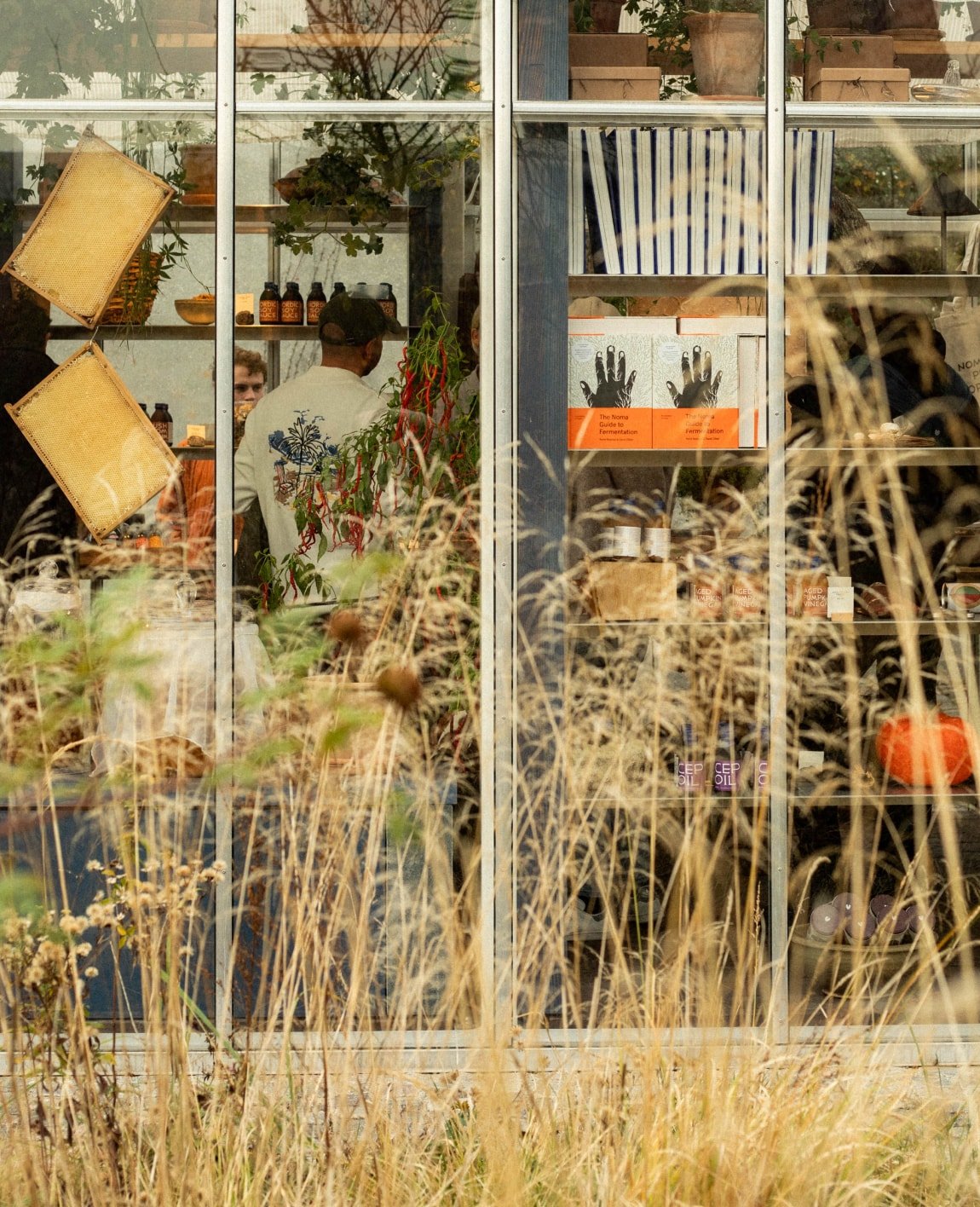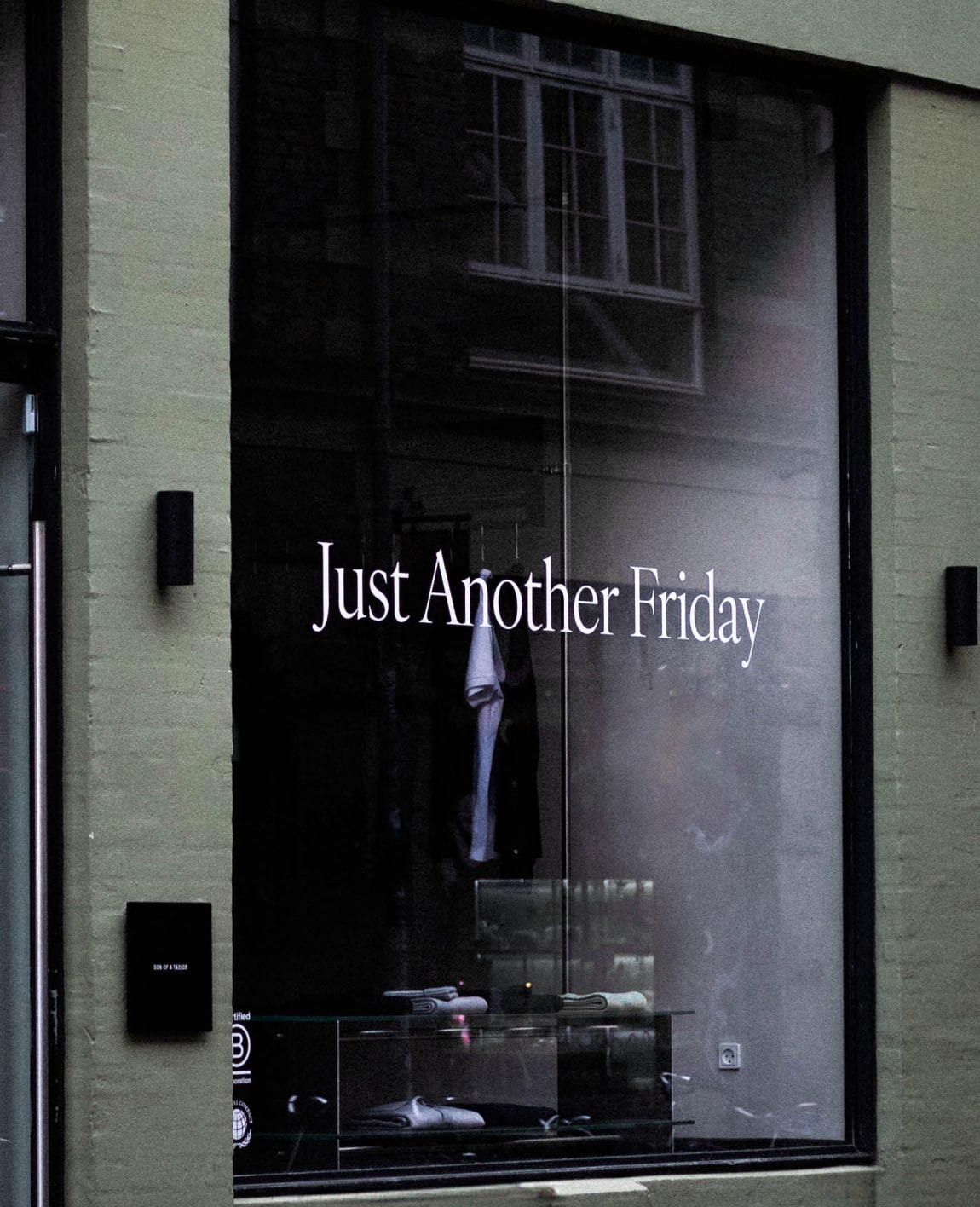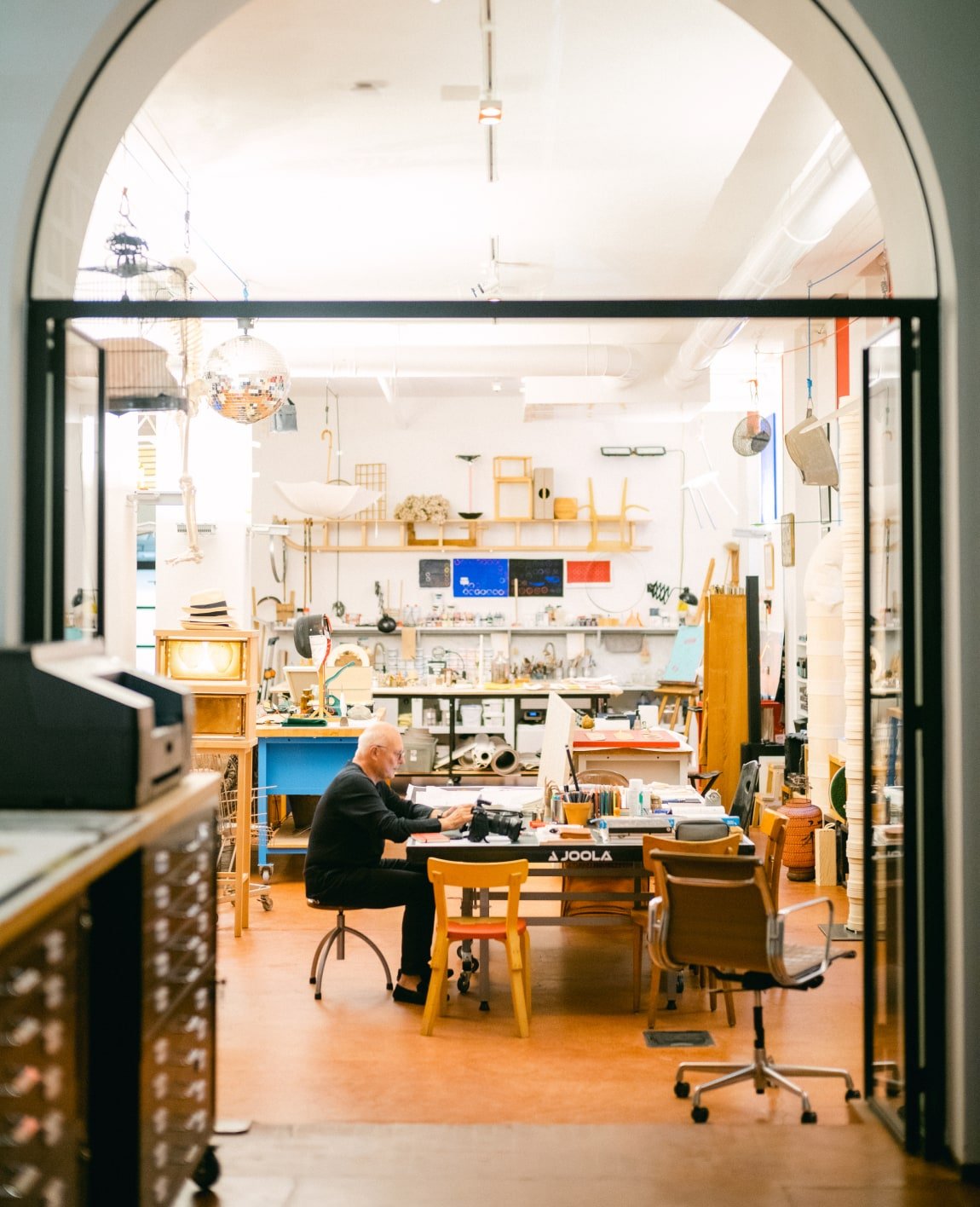Field Notes # 1
A farm of ideas in Mallorca with Giuliano D’Amico
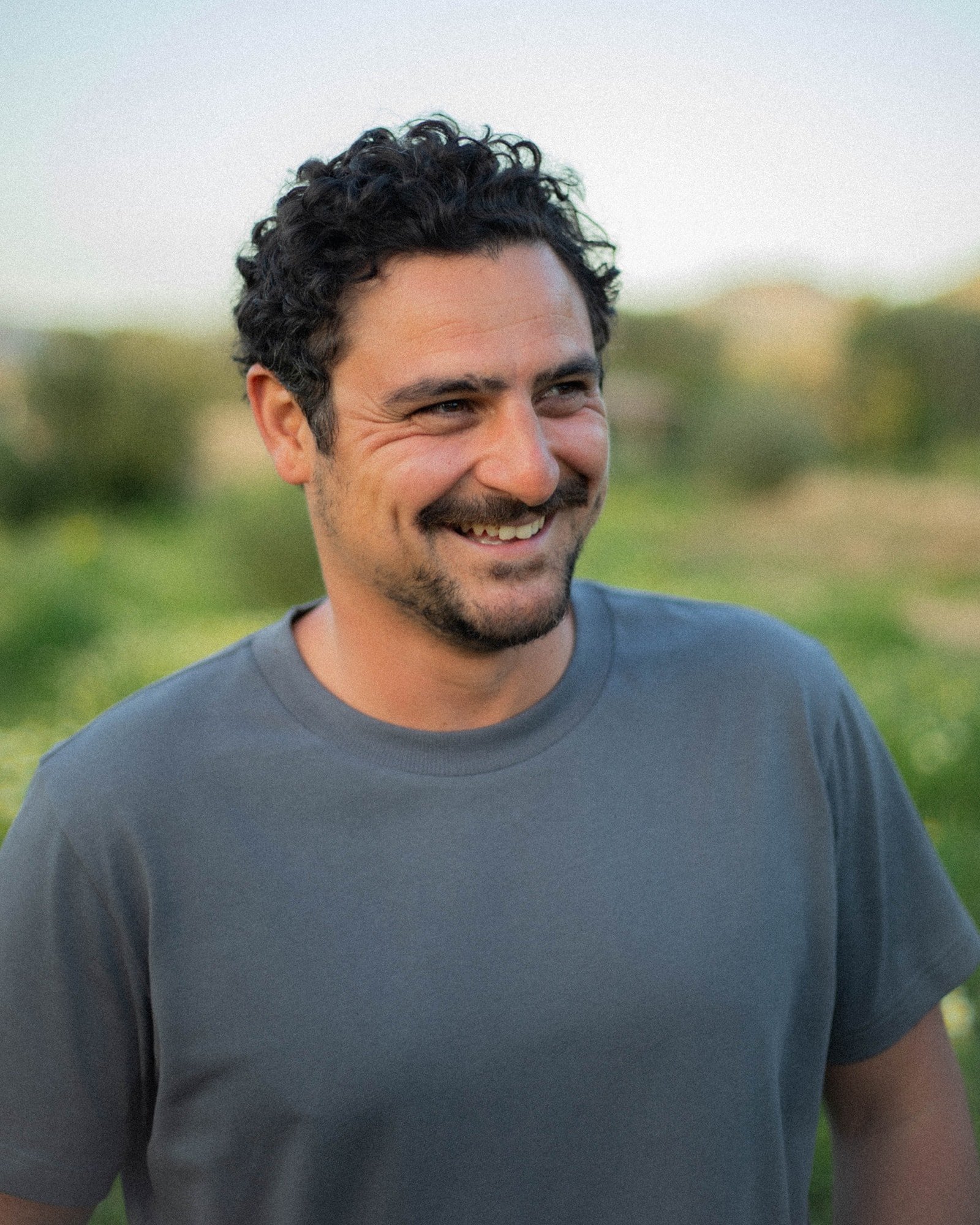
For the first edition of Field Notes – our new series exploring the inspiring lives of people shaping culture through craft, creativity and care – we travelled to the foothills of the Tramuntana mountains in Mallorca to meet someone redefining what it means to live and work with the land.
Giuliano D’Amico – German-born and Italian-rooted – left behind a different kind of life three years ago to build something entirely new. Together with his partner, Larissa, and their two young daughters, he created SOLU: a regenerative farm near Alaró, where vegetables, wine, honey, and community grow side by side. They also host tastings, cookouts, film screenings, and private events, all centred around Giuliano’s farm-to-table cooking. Remarkably, they started it all from scratch – without any prior experience in agriculture.
Stepping onto SOLU feels like entering a dream in progress – a place still unfurling its magic. We were struck by the clarity of Giuliano’s purpose, the patience in his hands, and the simple joy of life rooted in good food, good company, and care for the earth.
We sat down with Giuliano to talk more about his journey.
Could you introduce yourself and tell us where we are?
I’m Giuliano, chef and co-founder of SOLU, our regenerative farm here in Mallorca. We have different projects here – a one-hectare vineyard, two thousand square meters of all-year-round vegetable garden, and agroforestry that's becoming a future food forest. Everything we do is within the scope of regenerative farming. We take care of the soil, and we produce high-quality products.
The name ‘SOLU’ comes from our two daughters, Sophia and Luna. We chose it because every decision we make here should make sense for them in their future adult lives.
What kinds of things are you growing and producing?
We’re still at the beginning. Our vegetable garden has been in full production for two years now. We grow all year round with a mix of systems – agroforestry lines, raised beds, and direct-in-bed planting. We follow no-dig principles where possible, though sometimes we dig a little bit. We produce vegetables, honey, and soon, wine from our grapes.
“The name ‘SOLU’ comes from our two daughters, Sophia and Luna. We chose it because every decision we make here should make sense for them in their future adult lives.”
Cooking is clearly a big part of what you do here. Where did that begin for you?
Food was always important in my life. My grandparents in Italy were always cooking – my grandmother would wake up at six in the morning to prepare dinner. Later, my dad and uncle had restaurants in Germany, which I used to run around in as a child.
I started cooking more seriously in my twenties, hosting dinners for friends. At some point, I realised I couldn’t just keep spending money without turning it into something. That’s when the idea grew – first a bar, then a restaurant, and eventually something bigger. Cooking led me to the product, and the product led me to farming. Before SOLU, I had never even planted a tomato on a balcony.
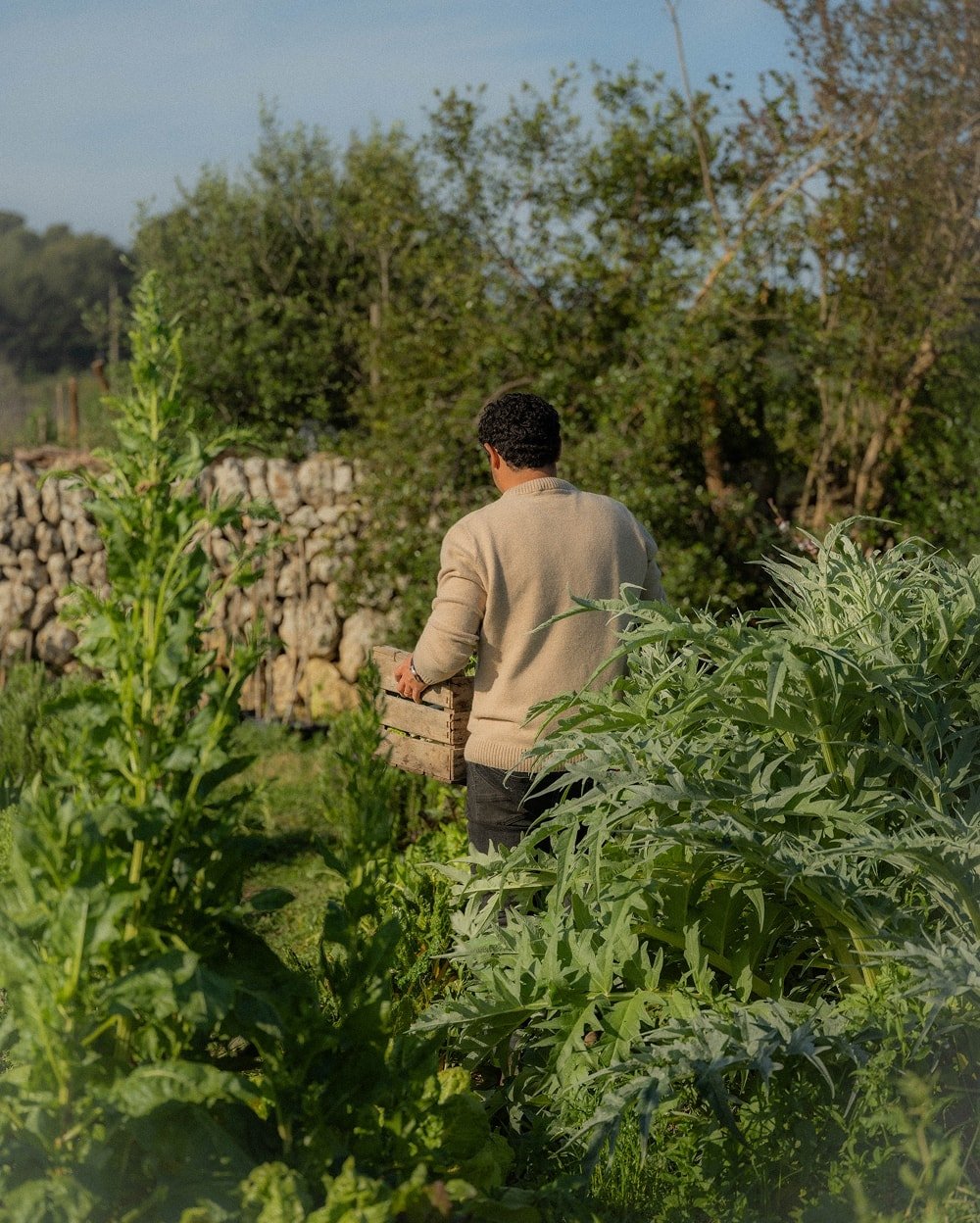
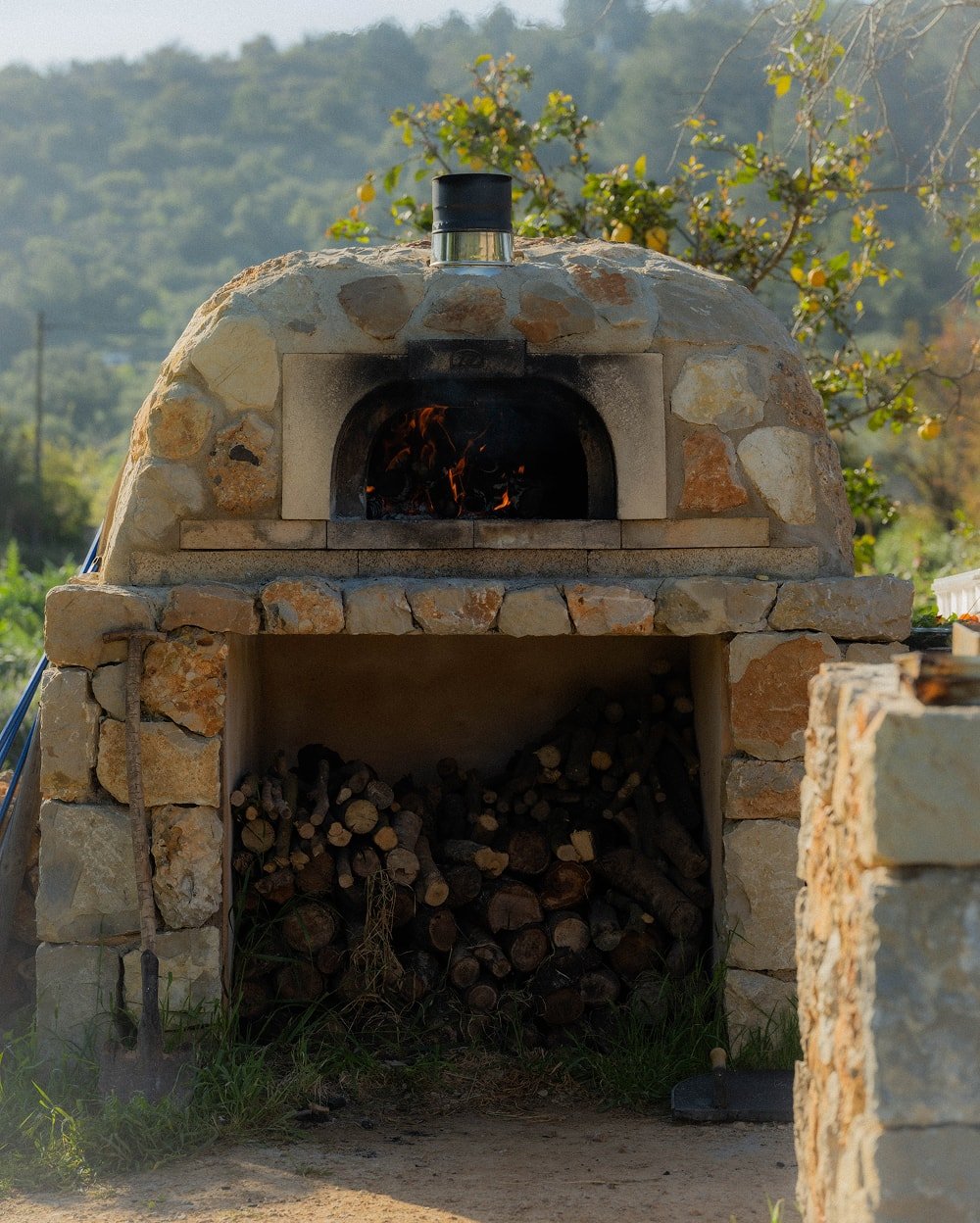
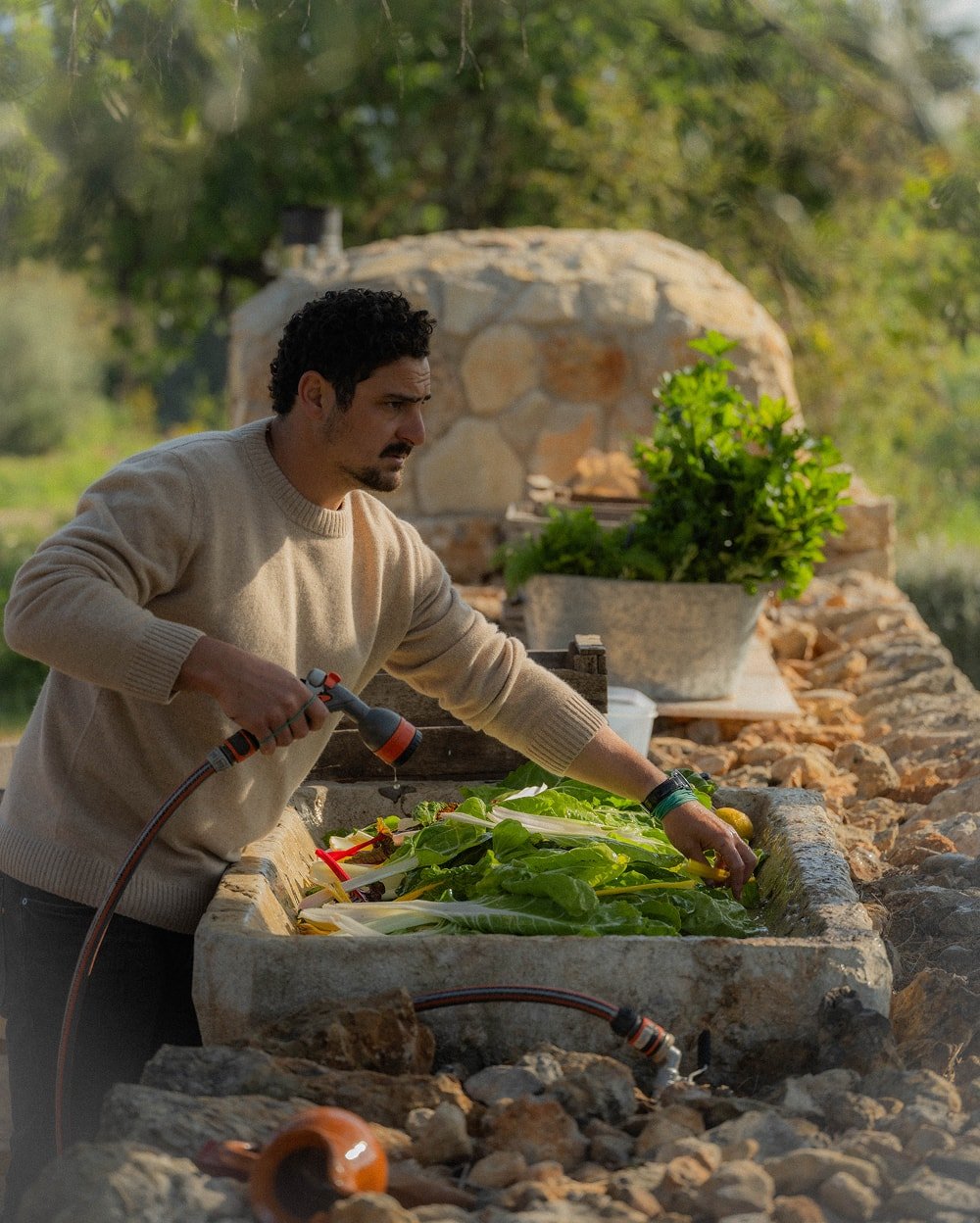
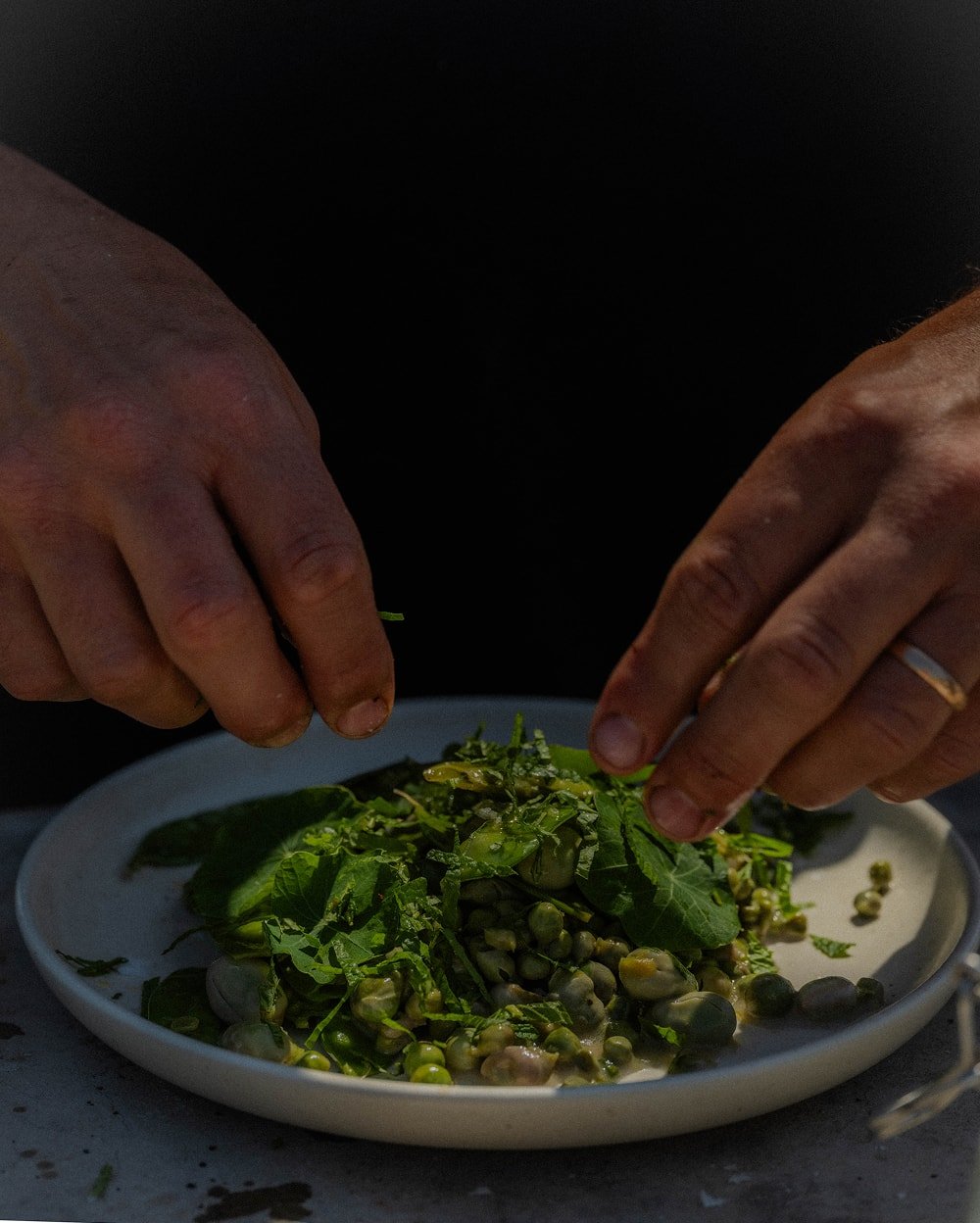
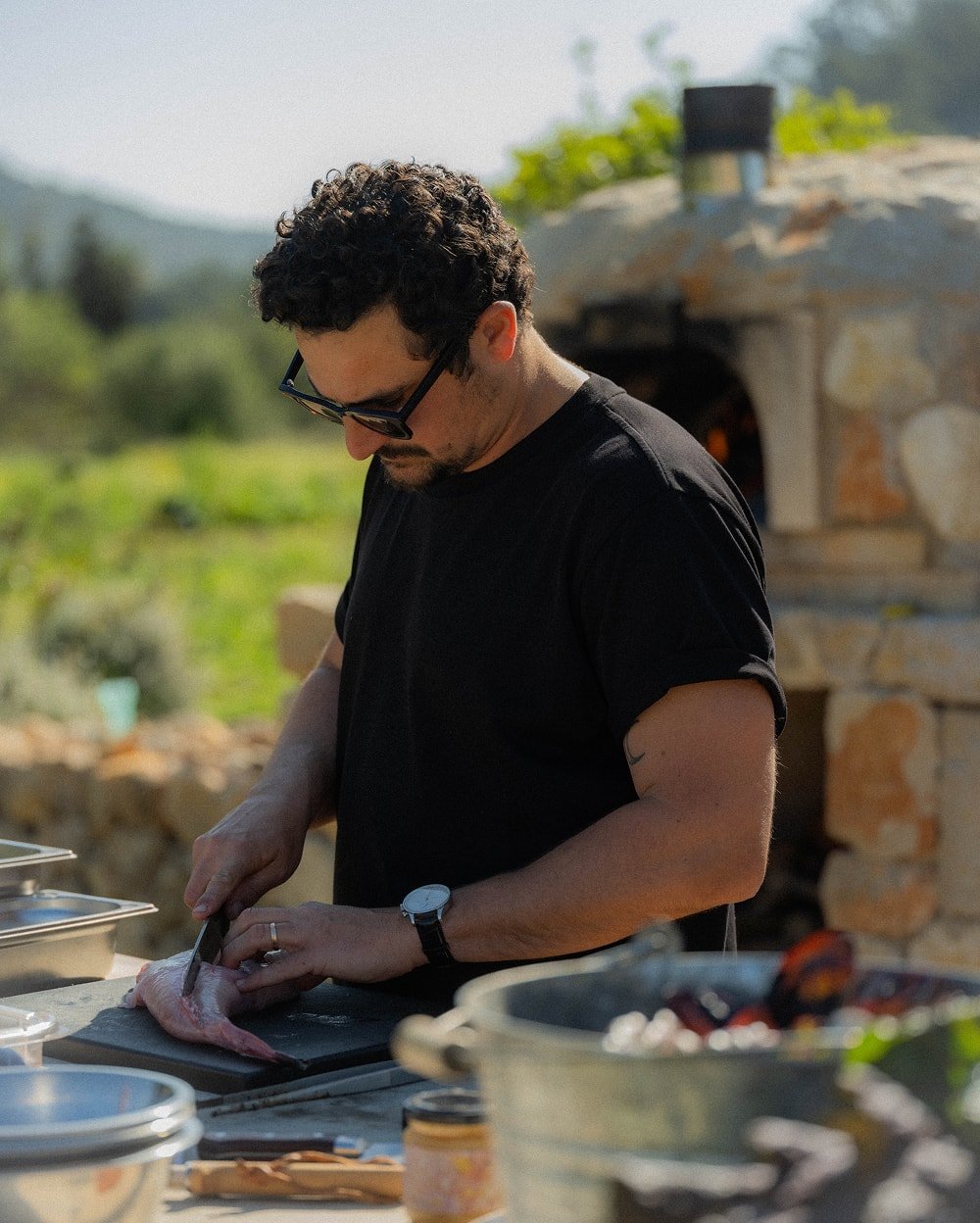
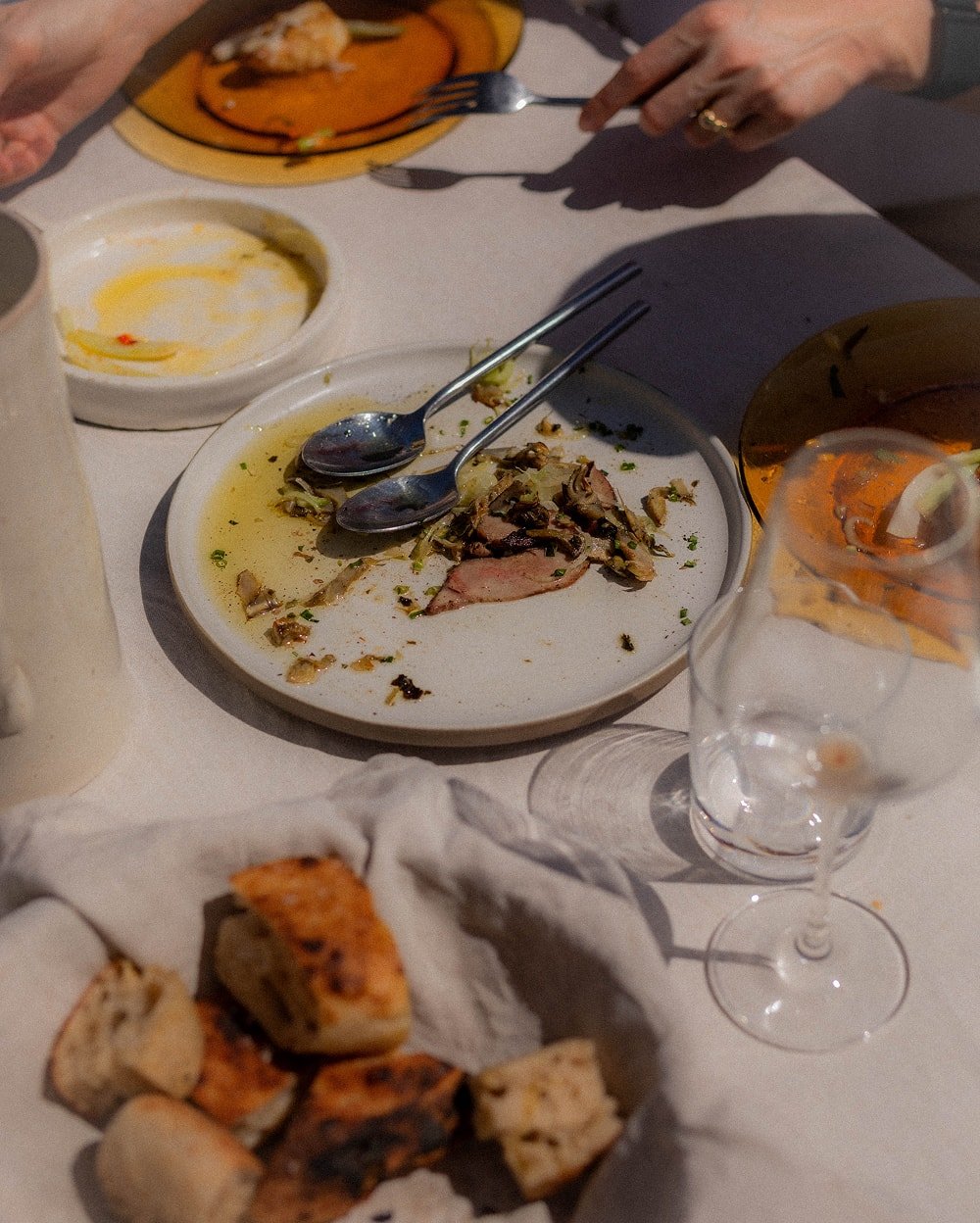
What role does community play at SOLU?
We’ve always wanted to create a community around the project. SOLU is an open space with many volunteers, collaborators, and guests who all contribute to what it’s becoming. It’s important for us that we’re working on the island – and doing something for the island.
One example is PEP, the fisherman we work with. His family has two small boats. Every week, he messages me photos of the catch his brother is bringing in. It’s a real friendship, not just a supplier relationship.
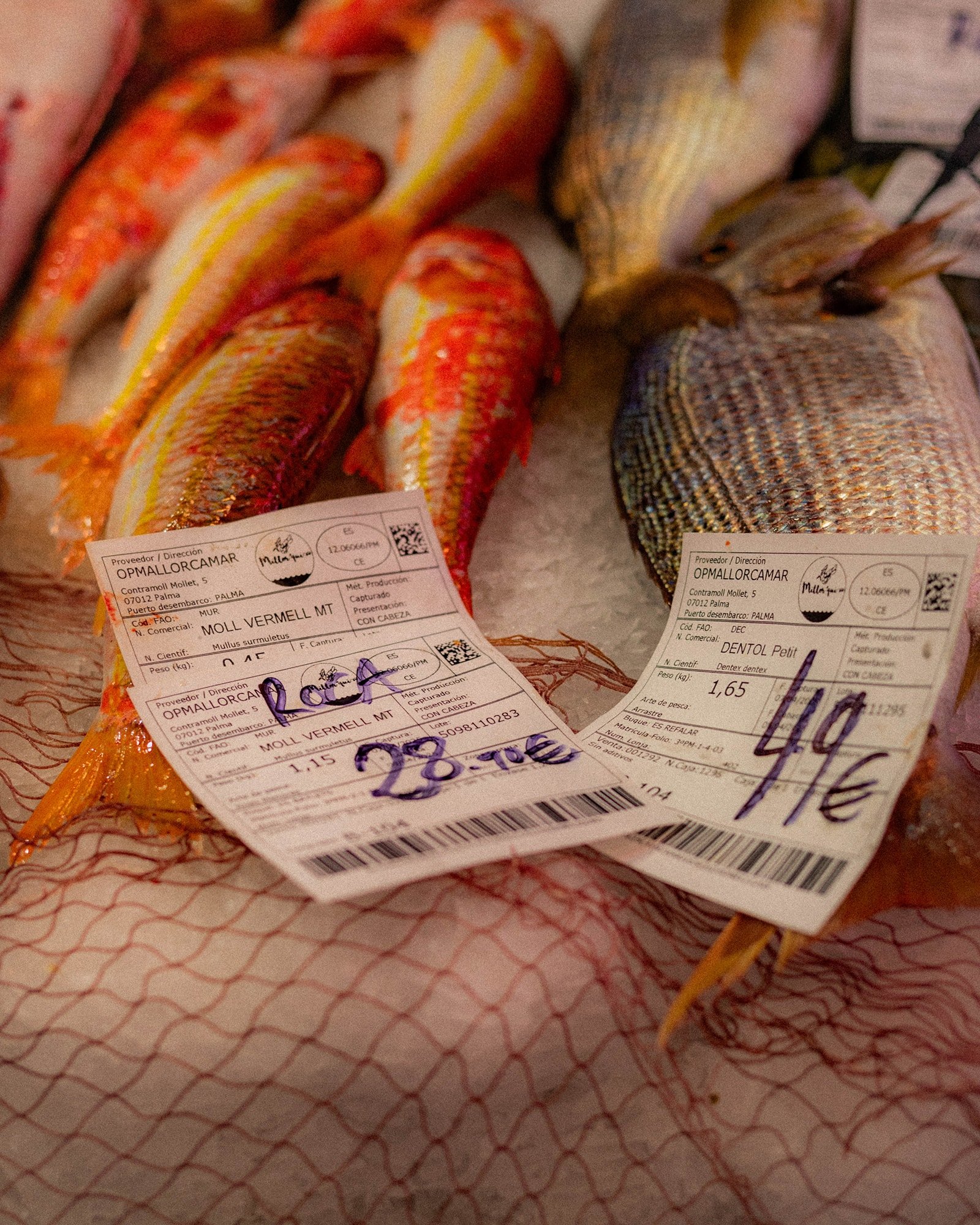
What kinds of events do you host at SOLU?
We host experiences and tastings here at the farm. We also have harvest boxes, where people can drop by once a week to collect produce we’ve just harvested. For our events, everything is made from our own produce or sourced from local suppliers we trust. It’s important for us that people can come here, eat together, and feel the connection to the land and the food.
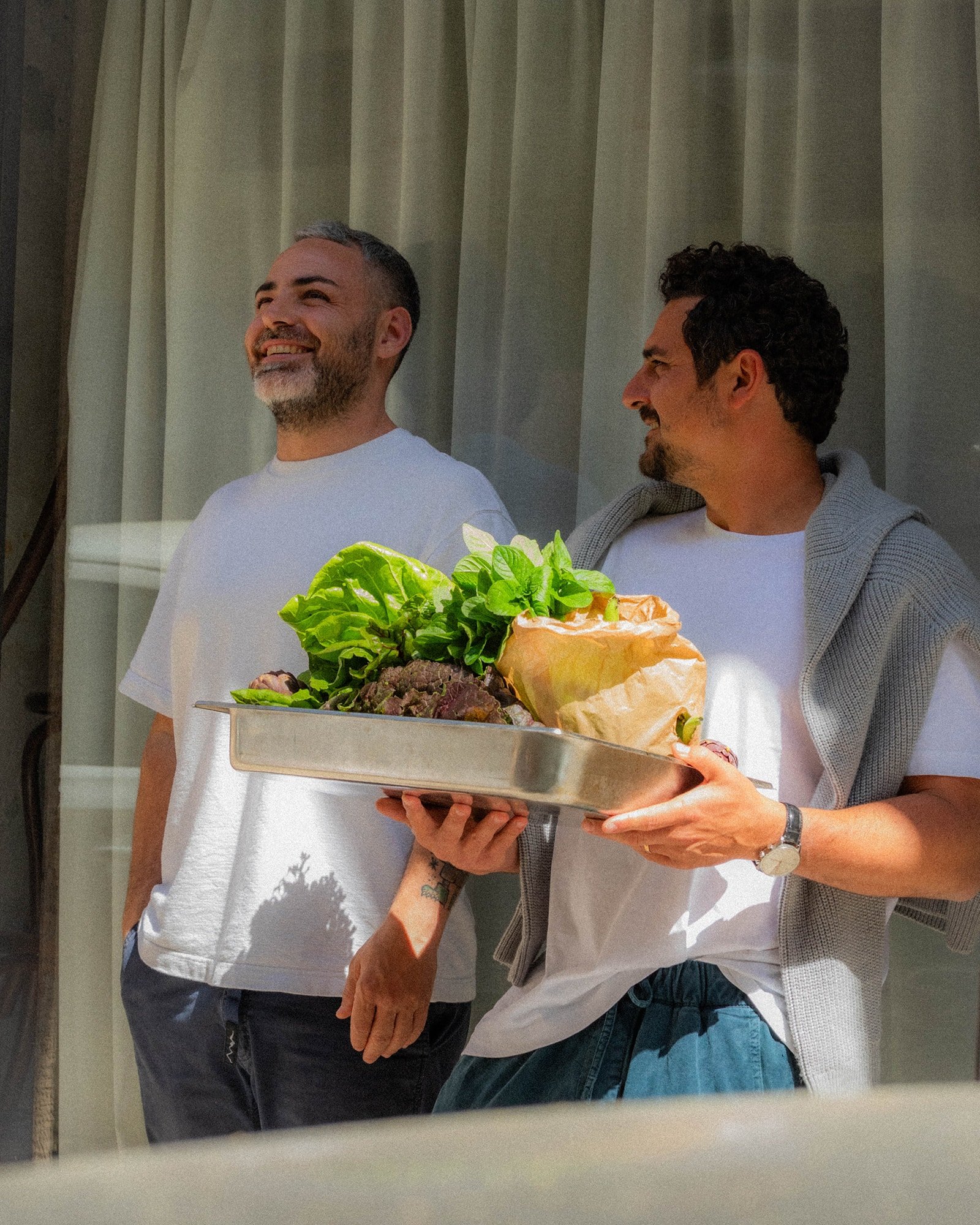
Why is seasonality so central to what you do?
Seasonality, like locality, is key to quality. When you eat something at its peak, it just tastes different. There’s also joy in waiting – you look forward to it.
Having everything available all the time might sound convenient, but a tomato in winter isn’t a real tomato. For us, living seasonally means enjoying more, tasting more, and connecting more with the food and time of year.
“It’s important for us that we’re working on the island – and doing something for the island.”
Tell us more about your vineyard
We planted our vineyard two years ago with future sustainability in mind. The varieties we chose can thrive without irrigation, and we’re moving toward dry farming. We manage it regeneratively, with cover crops and green ground cover.
It will take another year until our vineyard is ready to harvest. In the meantime, we've stayed busy learning about wine production and partnering with nearby producers to buy grapes and start making wine, including two reds, one white, and one orange – all natural wines, of course.
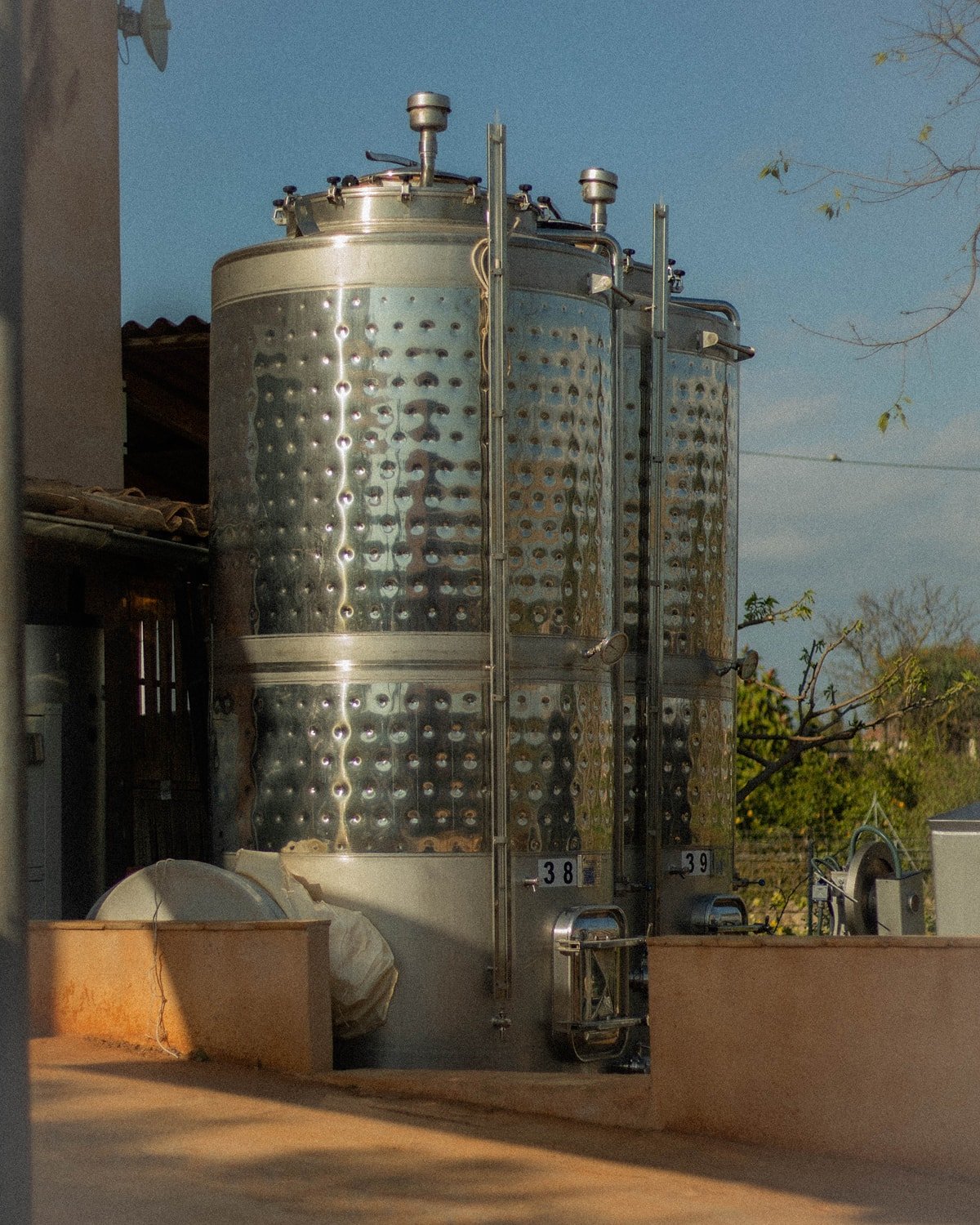
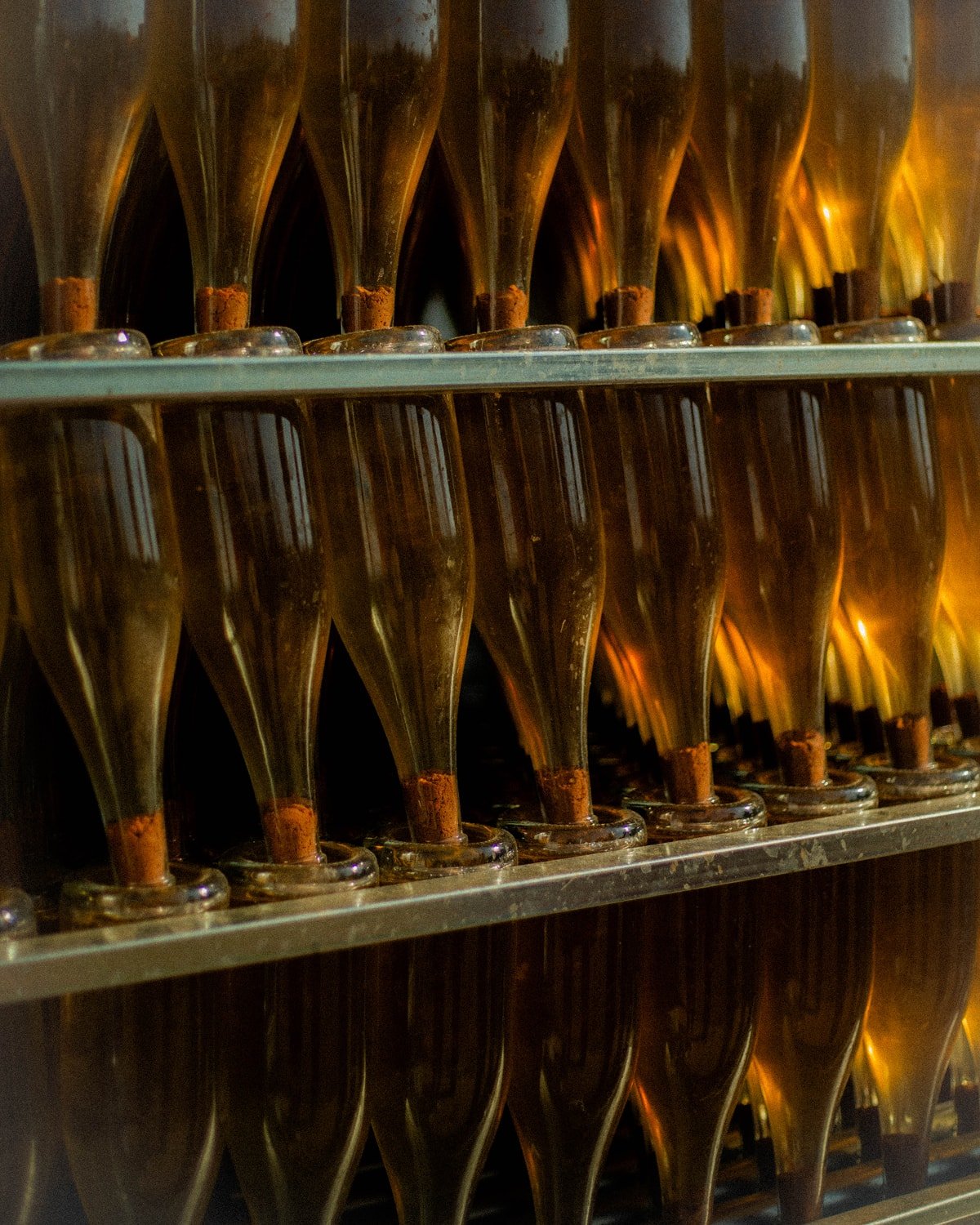
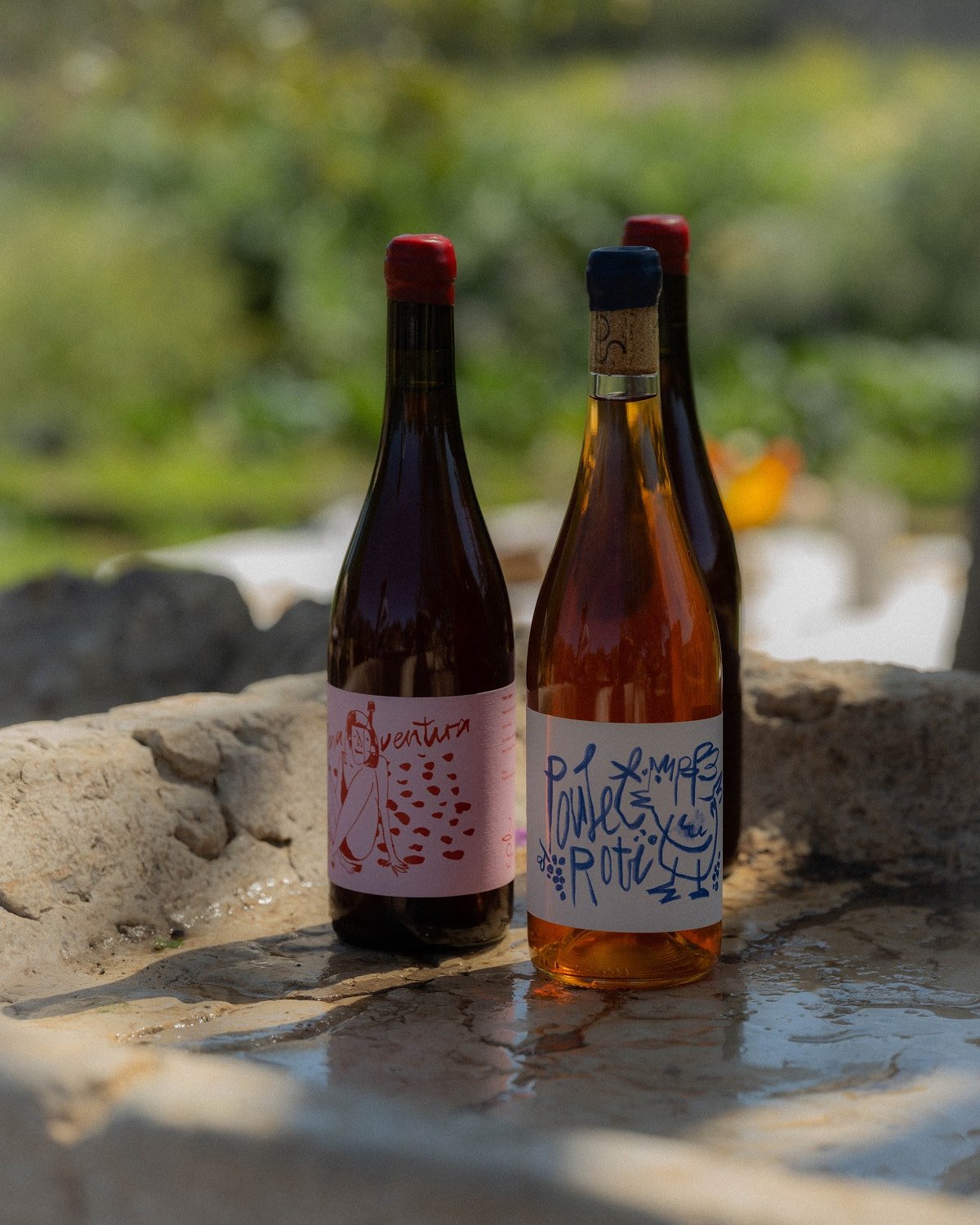
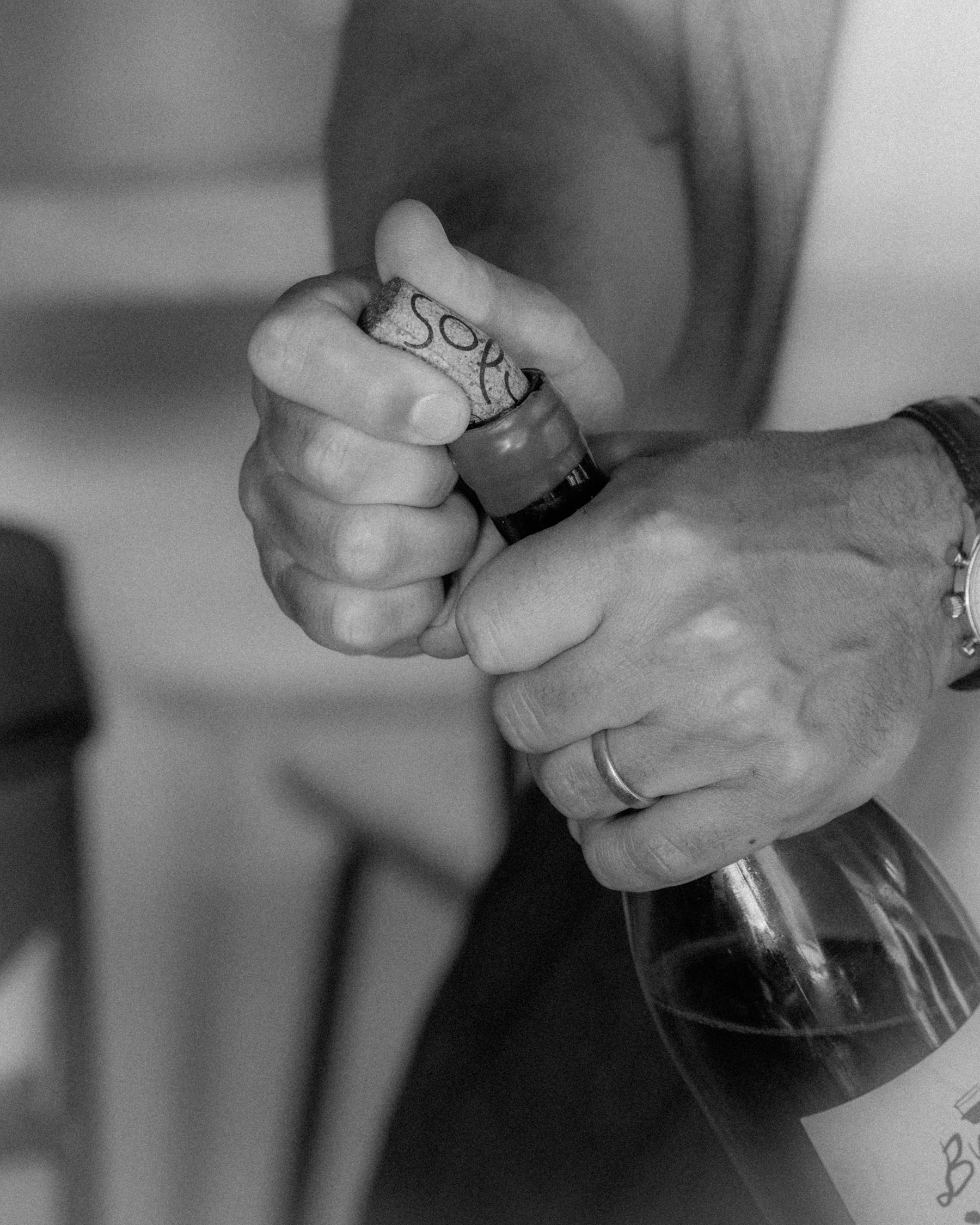
Where does your drive come from?
For me, it’s an intrinsic motivation to want to change something. I got fed up just watching things happen that didn’t feel right. I didn’t think too much about it – I just wanted to do something with my hands and show that change is possible.
Can you elaborate on how limits, such as seasonal, structural, or local factors, influence your approach?
I'm of the opinion that limitations enforce and create creativity in the end. At first, they feel like obstacles. But they force you to find creative new ways forward. For me, limitations are valuable – they’ve helped us shape everything here.
“Limitations enforce and create creativity in the end.”
What’s one lesson nature has taught you?
There’s a Mallorquín saying – poca-poca – which means step by step. In the beginning, we wanted to do everything fast, but nature taught us that it doesn’t work that way. We had to slow down, build things gradually, and learn to be sustainable not just with the land, but with ourselves.
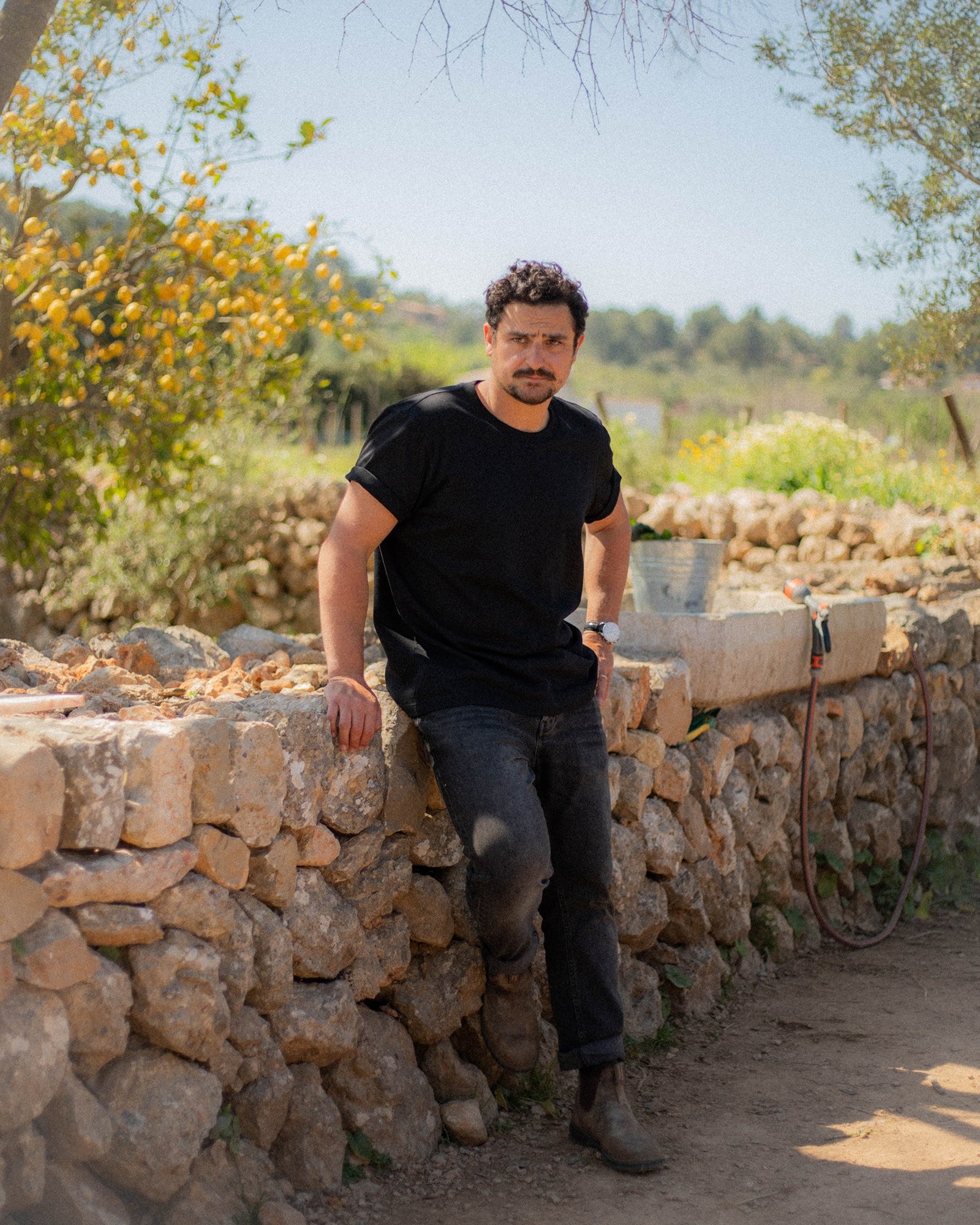
What’s your favorite Son of a Tailor piece so far?
The classic Cotton T-Shirt – I wear it every day. But I also really like the Extra Heavy Cotton T-Shirt for cooking, as it’s a bit more robust. Oh, and the Wool Sweater – I was actually wearing it today at the harvest. It's comfortable to wear while I work in the mornings.
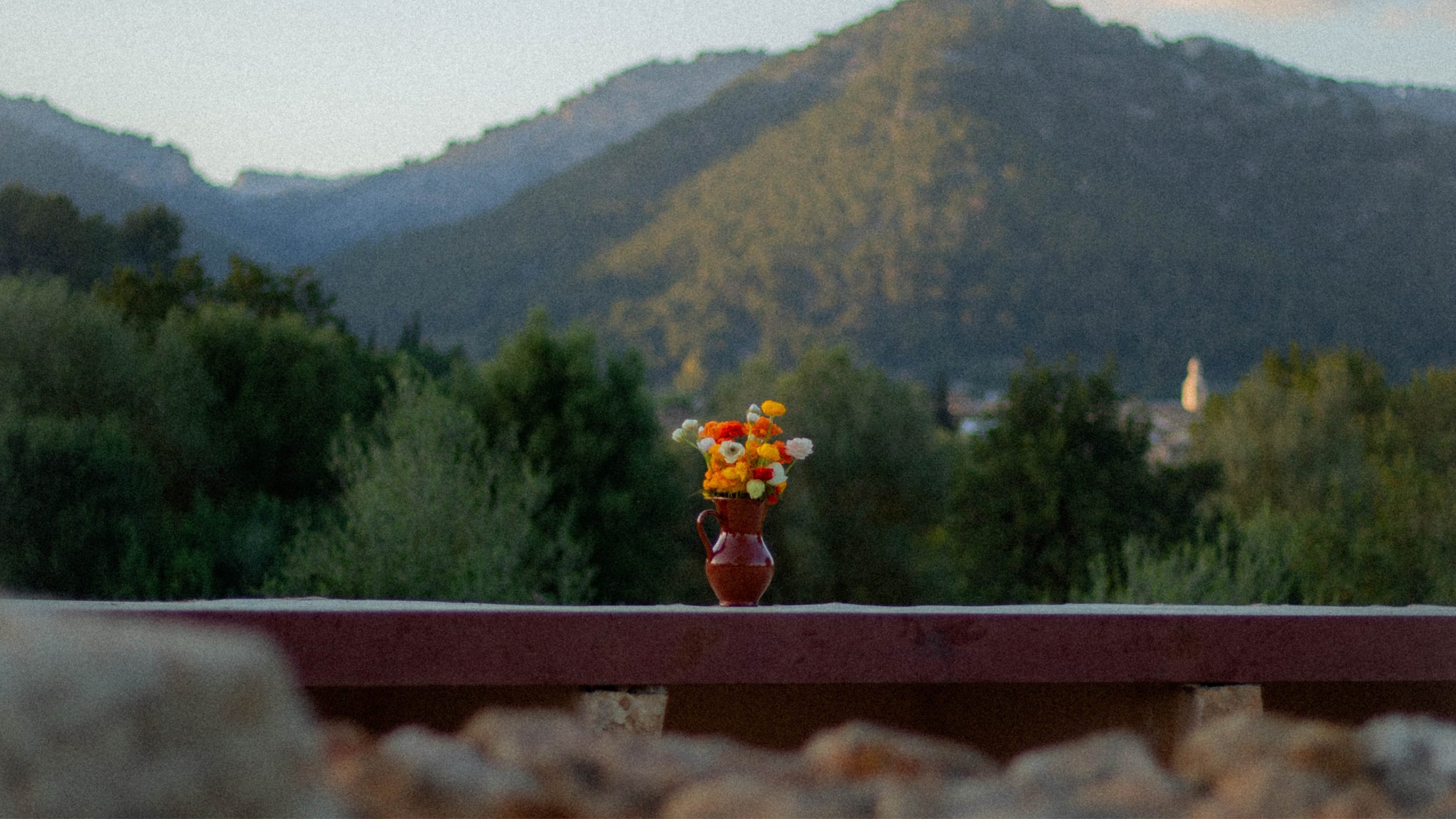
What do you hope visitors take away from a visit to SOLU?
I hope people feel welcome and part of what we’re doing – even just for a moment. I’d love if they leave inspired to rethink something in their own life – how they eat, how they consume, or how they live. And, of course, I hope they leave well fed and happy.
Thanks to Giuliano, Larissa, and the entire SOLU team for letting us stop by. For more information on the farm, visit the SOLU website.
